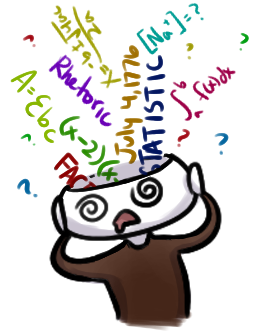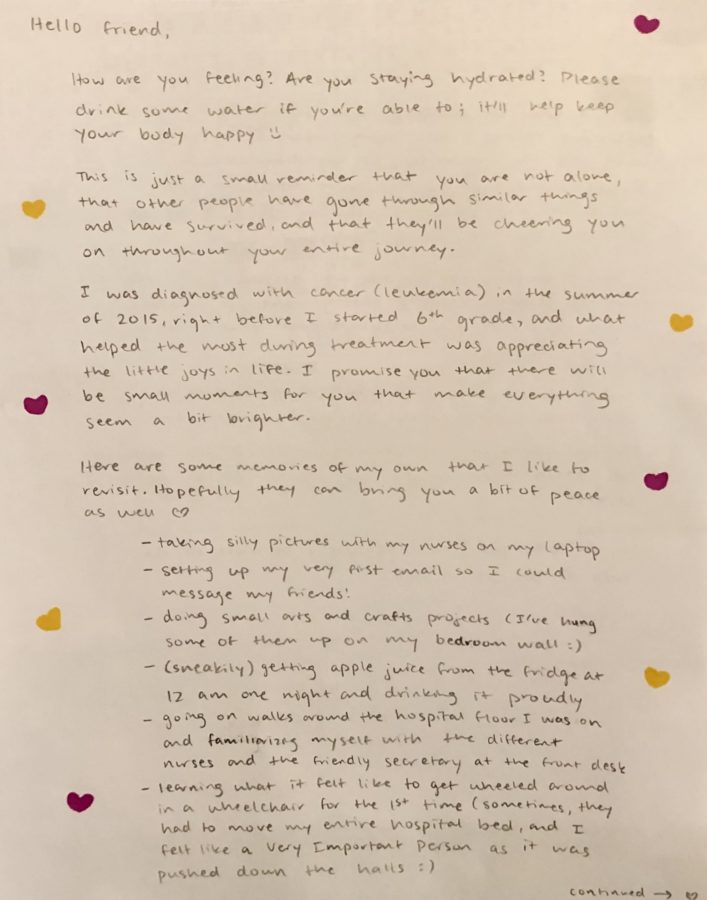By Aishi Debroy, Co-Web Content Editor
The purpose of the American education system is to prepare even the most undecided students for a career that perfectly aligns with their interests and to give everyone an equal chance to become successful if they “work hard enough.” Yet, all of these goals are “accomplished” with inefficient tools: standardized testing, burdensome amounts of homework and an emphasis on a letter grade.
At 6 years old, we start to think about our dream jobs as we color cartoons of occupation figurines. At 8 years old, we are taken to Bring Your Kids to Work Day, where we watch our parents mindlessly do their jobs. At 16 years old, we are told to sit in on a million career path classes, where we take personality quizzes that match us up with an optimal career. At 18 years old, we are then told to choose the career path we’ll take for the rest of our lives.
With all this emphasis on conditioning students from a young age to become a part of the workforce, why do 1 in 10 college students change their major? I think that we value financial stability over happiness, which leads us to value higher-paying jobs as more practical and worthy. Majors related to professions in art, philosophy and history consistently rank high on lists of Most Useless Majors because career prospects for them pay little, narrowing the amount of financially-stable career choices and increasing indecisiveness.
We cannot become anything we want to be, even if our teachers emphasize that illusion of choice, because to choose a major that does not pay is to choose a life of irresponsibility. To those whose passions lie in lower-paying professions, this leads to a binary: a life of monetary stability or a life of happiness. Such an important decision places a huge amount of pressure on 17-18-year-olds, teenagers that struggle to even choose an outfit in the morning!
Although there can be countless explanations for the root of the problem, there is no one correct method to achieving livelihood fulfillment. As a society, we should emphasize having broad goals and passions and not the importance of simply having a career. For example, someone who wants to become a lawyer should not aspire to read case studies but to enforce justice.
We should not leave deciding our majors to career path classes and teachers, but rather, begin our searches by experimenting with our passions. Although it seems like a daunting task to choose a major or career, exploring your passion is easy!
If you are completely undecided, here are three ways to start exploring your passion. First, make a list of all of your interests, whether it be math, science, communications, business or other subjects or fields of study. Second, make a list of what you value in life, for example, monetary security, creative freedom, happinesses and fulfillment, etc. Third, find a list of careers or majors, note the careers or majors that satisfy your first and second criteria, and then start joining clubs, getting internships, volunteering at various centers or exploring different classes that pertain to your field of interest.
Finding your passion already puts you at an advantage over most working adults. A Deloitte study found that only 13% of the U.S. workforce is passionate about their job. One major does not guarantee future stability and success, so take a risk! Happiness is achieved not by following a set of rules society has set for us but by attaining goals that we have set for ourselves. Do not fear indecisiveness, for exploration is the precedent to discovery.
The ball is in your court, so throw it — no matter which way it lands.


























































































